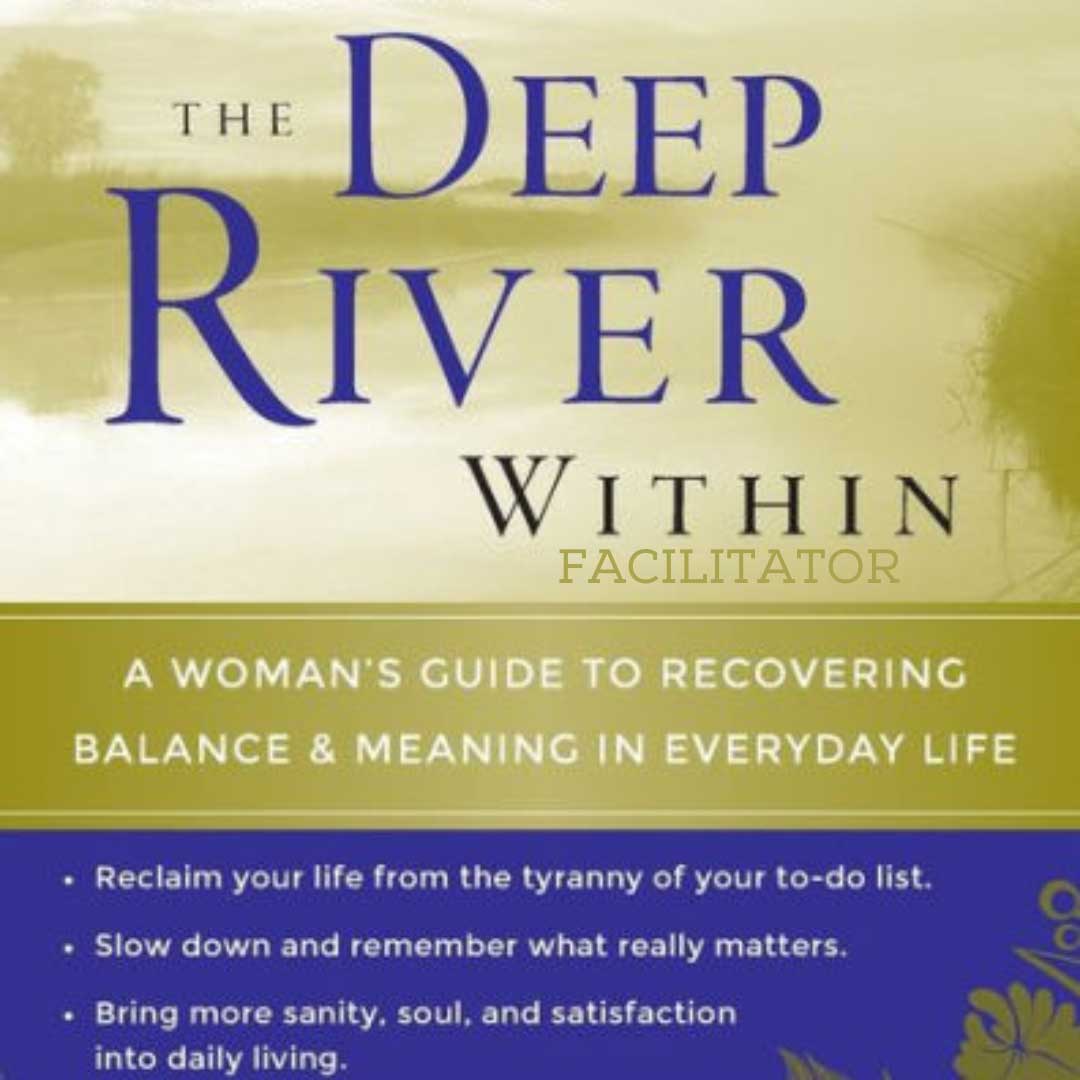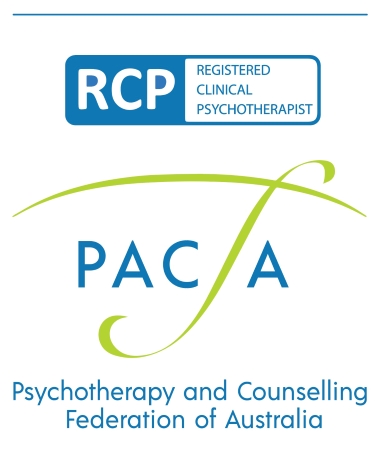Repression of the sublime: Who am I to be brilliant, gorgeous, talented, fabulous?
“Our deepest fear is not that we are inadequate. Our deepest fear is that we are powerful beyond measure. It is our light, not our darkness that most frightens us. We ask ourselves, who am I to be brilliant, gorgeous, talented, fabulous? Actually, who are you not to be?…Your playing small does not serve the world. There is nothing enlightened about shrinking so that other people won’t feel insecure around you. We are all meant to shine, as children do….And as we let our own light shine, we unconsciously give other people permission to do the same. As we are liberated from our own fear, our presence automatically liberates others.” Marianne Williamson, A Return to Love.
Repression of the sublime
When we hear of the defense mechanism known as repression, we usually think of the repression of darker energies; those that are present in our lower unconscious such as painful thoughts, feelings, memories and experiences.
In a ‘Psychology of Love’, John Firman and Ann Gila suggest that ‘under the threat of personal annihilation, significant sectors of our ability to experience pain and suffering are split off from ongoing awareness’. They describe these as a ‘disowned range of experiences most directly related to the pain of primal wounding – experiences such as anxiety and disintegration; lack of meaning and self in the world, feeling lost, trapped, or buried; isolation, abandonment, banishment, feeling overwhelmed, helpless or hopeless; emptiness or hollowness; despair, shame and guilt.’
However, Firman and Gila also write that there is something else that cannot be held by a non-empathic early environment; our greatness and gifts that are also disowned and repressed as a form of protection. Their work is based on that of Roberto Assagioli – a pioneer of the humanistic and transpersonal movement and founder of psychosynthesis. Assagioli recognised early on that just as we have a lower unconscious, we also have a higher unconscious. This means that not only do we repress our darker energies, we also repress our higher and spiritual impulses. These include our sense of connection, community, service, wisdom, love, compassion, empathy, will, creative, artistic and scientific inspirations and activities, as well as innate spiritual drives such as a call towards value, meaning and purpose in life. Repression of the higher unconscious and the correlating transpersonal qualities later became known as ‘repression of the sublime’; a term coined by French psychotherapist Robert Desoille.
Frank Haronian PhD in, ‘The Repression of the Sublime’, says that we sometimes fear the challenge of personal growth and avoid taking responsibility for our lives because it means abandoning the familiar and the known. We also fear our own greatness.
Not only do we fear being envied or labelled as having ‘Tall Poppy Syndrome’, there is another major concern when we repress the sublime – how we project our greatness on to others; we envy them for being ‘brilliant, gorgeous, talented, fabulous’. Haronian states, ‘we are in necessary conflict and ambivalence over these same highest possibilities in other people.’ We adore, idolize and idealise skinny, beautiful and talented (or not so talented) celebrities, models and other ‘great’ people. At the same time we hate, loathe and envy them because they have what we want. They hold for us our light and dark projections that we cannot see, bear or own in ourselves.
There is a saying in the recovery movement, ‘if you spot it you’ve got it’. Recognising our sublime in others is a perfect way to begin to re-own the repressed, denied and split off parts of ourselves; the dark and the light! So the next time we experience that hook, we need to pause for a moment and reflect, ‘what am I projecting on to this person?’ and ‘what do I need to own in myself?’ Is it my beauty, compassion, love, empathy, greatness or worth?
Once we start to become aware of our projections, it pays to engage our will and take action. There is nothing more painful to our well-being than the self-betrayal of waking up but continuing to ignore our brilliance. Assagioli says it very clearly, ‘what we repress controls us’ and Jung, ‘what we resist persists’. It brings great detriment to repress the sublime – the higher, deeper and spiritual Self will nag and pull at us until we acknowledge its presence and allow it to be expressed for the common good of the whole (Sewell, 2005).
References
Assagioli, Roberto MD, (1965), Psychosynthesis, Thornton Press
Firman, John & Gila, Ann, (2010), A psychotherapy of love, State University of New York Press
Haronian, Frank PhD, (1967), The repression of the sublime, Psychosynthesis Research Foundation
Sewell, Marilyn, (2005), Repression of the sublime, UUWorld.org
Photo by Dean Prinsloo












